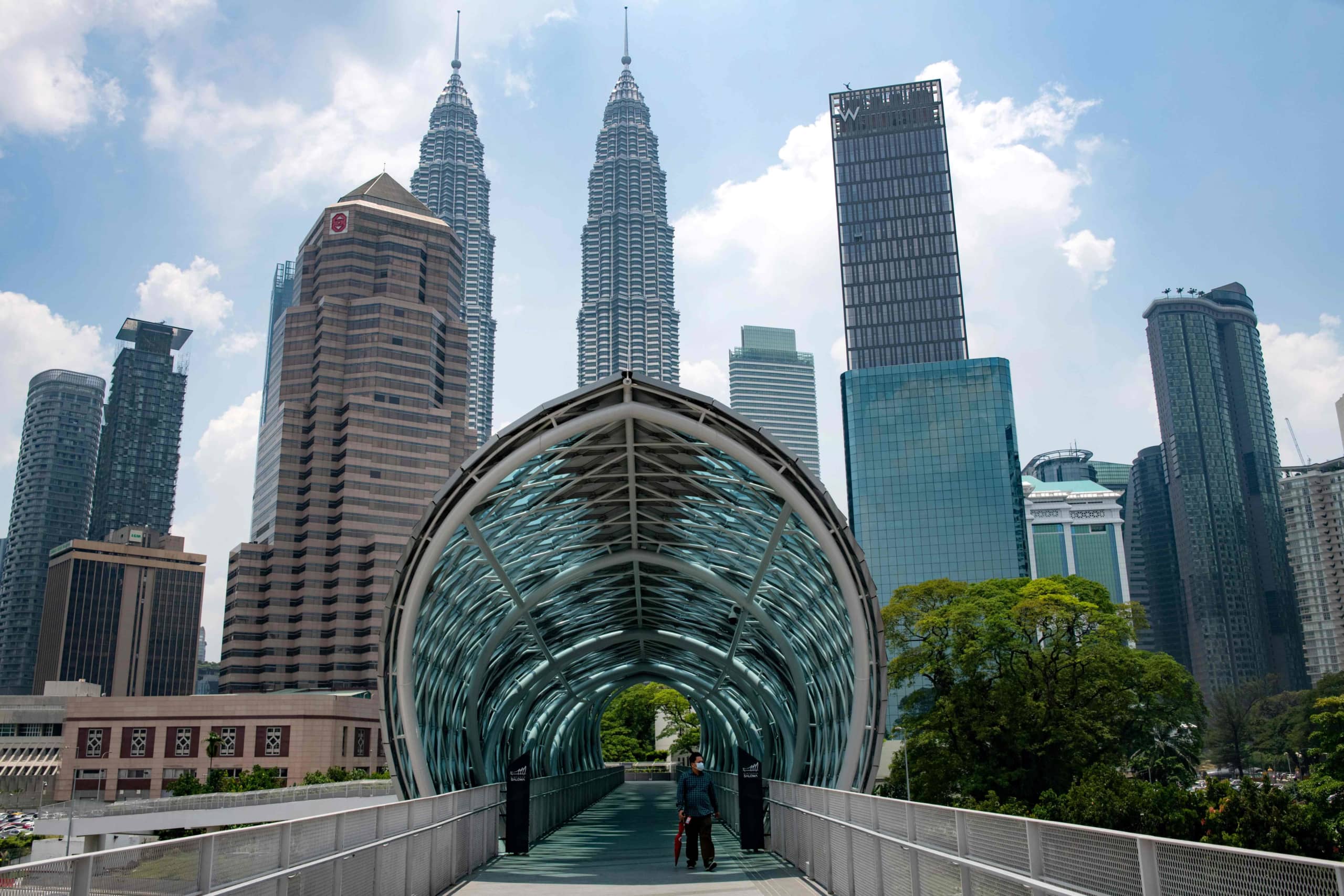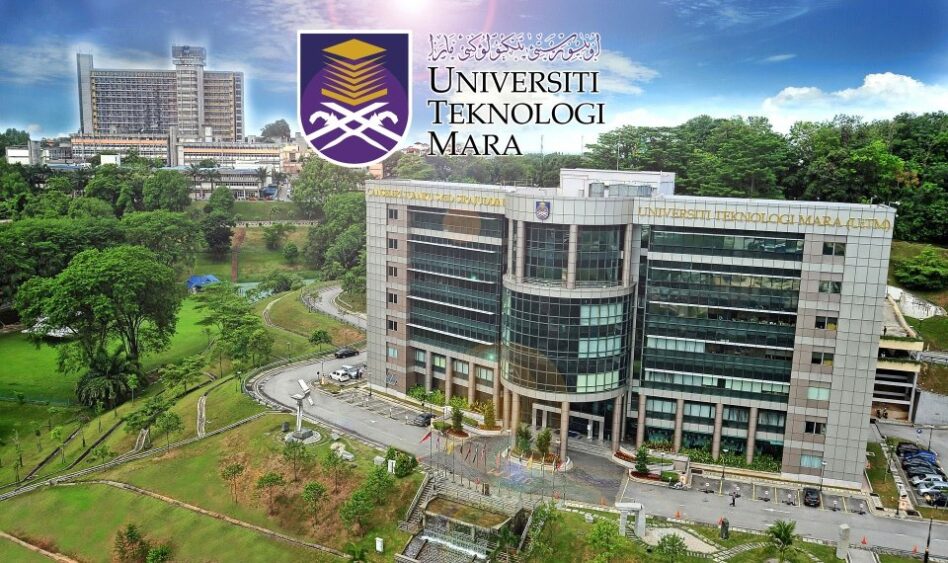Editor’s note: The first part of the story focuses on hopes that the Budget 2023 which will be presented on Oct 7 is fiscally responsible with reforms thrust while being more focused on development and structural reforms than election-centric.
In the second part, the writer discusses measures to revitalise private investments while allowing the Malaysian corporates and SMEs to meet the country’s commitments on climate change and adopt an environmentally-friendly stance.
THE Budget 2023 is being formulated in a difficult time for the global economy and Malaysia. Current adversities include rising inflation, cost challenges, prolonged conflict in Ukraine, the weakening ringgit as well as the higher US interest rate-triggered economic risk and financial volatility.
The Budget’s strategies should focus on implementing credible economic policies, undertaking structural reforms geared towards sustainable subsidy management, ensuring better investment climate as well as making life better for individuals and families.
Revitalise private investment and support SMEs
Measures are needed to revitalise private investment. While private investment growth increased by 6.3% year-on-year (yoy) in 2Q 2022 and 0.4% yoy in 1Q 2022 (+2.9% in 2021; -11.9% in 2020), the headwinds hampering its sustained momentum remain.
These include the shortage of workers albeit gradual improvement, increased business costs, impact of weakening ringgit, concerns about slowing global growth, and recession risk in the US economy and Europe.
The Budget 2023 can consider the following measures and initiatives:
- Re-investment Allowance (RA) which is due to expire in 15 years can be extended further for a period of five to 20 years.
- Reduce the preferential tax rate for small medium enterprises (SME)s to 15% from 17% and increase the first threshold of the chargeable income of SMEs subject to the preferential tax rate to RM1 mil from RM600,000 currently.
- Standardise and increase the qualifying expenditure for Accelerated Capital Allowance (ACA) for both Category 1 (high labour-intensive industries) and Category 2 industries to RM10 mil from RM4 mil and RM2 mil respectively.
- Increase the digitalisation matching grant to RM20,000 for SMEs to take up greater digitalisation scheme or RM4,000 for five years.
- For SMEs in need of working capital amid rising business costs and borrowing cost, SME loan programmes and enterprise financing schemes can be made more attractive with low interest rates; less collateral required and no repayment penalty as well as giving ample time for business recovery.
- Design a debt-based crowdfunding platform for SMEs financing which matches SMEs with retail investors, who can back SMEs.
- Dedicated Productivity Solutions grant for SMEs to improve both labour productivity and capital utilisation efficiency. Expenses cover include the purchase of technological equipment, digital marketing tools/solutions, consultancy and technical services.
Facilitate ESG and green investing
The Budget 2023’s strategies should enable the Malaysian corporates and SMEs to meet the country’s commitments on climate change to achieve the desired net zero impact through stimulation of the flow of capital/financing for the transformational investment needs.
The Government is in a position to influence the demand of environmentally friendly products and encouraging the businesses to involve in environmentally friendly activities.
- Effective implementation of Green Government Procurement (GGP) best practises framework in ministries, government agencies, local authorities, statutory bodies and GLCs.
- Loans and grants for green investments in sustainable agriculture, renewable or low-carbon energy sources, energy-efficient buildings, public walkways and cycleways and electric vehicle (EV) infrastructure.
- Subsidies and tax rebates to boost demand for green products and services like EV, solar panels or renewable energy.
- Provide 100% tax exemption for the companies’ budget on ESG and green investment.
- Provide corporate tax credits to encourage investment in renewable energy production and also facilitate the solar industry through incentives for homeowners and companies to install solar panels.
- Extend the Green Technology Financing Scheme (GTFS) until 31 December 2024 (from end-2022).
- Consultation fees incurred for the adoption of ESG practices be given double tax deduction.
- Allow companies to undertake ESG investment to claim investment allowance on the value of investments made in new ESG assets or in ‘environment protection’ up to 35% of the cost of investment. – Sept 9, 2022
Lee Heng Guie is the executive director at Socio-Economic Research Centre (SERC) Malaysia.
The views expressed are solely of the author and do not necessarily reflect those of Focus Malaysia.










